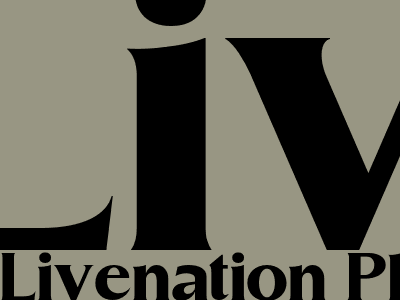The Ultimate Guide to Search Engine Optimization (SEO) for Blogger.com
Introduction
In today's digital landscape, search engine optimization (SEO) is essential for businesses and individuals alike. It helps websites and blogs rank higher in search engine results pages (SERPs), making them more visible to potential customers or readers. For those using Blogger.com, a popular blogging platform, understanding and implementing SEO best practices is crucial to maximizing the reach and impact of your content.
On-Page Optimization
Content Quality and Keywords
Creating high-quality, informative content that addresses the search intent of your target audience is paramount. Conduct thorough keyword research to identify relevant keywords and phrases that people are searching for. Incorporate these keywords into your content naturally, ensuring they flow seamlessly with the context.
Page Structure and Headings
Structure your content clearly using headings (H1, H2, H3, etc.) to organize and guide readers. Headings serve as signals to search engines, helping them understand the hierarchy and relevance of your content.
Meta Description and Title Tag
The meta description and title tag provide a concise summary and title for your blog post. Write compelling meta descriptions that accurately describe the content while incorporating relevant keywords. Keep title tags concise, descriptive, and within the recommended character limit.
Image Optimization
Optimize images for SEO by using descriptive file names, alt tags, and captions. Alt tags provide alternative text descriptions for images, aiding accessibility and improving search engine visibility.
Internal Linking
Link to other relevant blog posts or pages within your site to establish relationships between content. Internal linking improves navigation, enhances user experience, and distributes link authority.
Off-Page Optimization
Backlinks
Acquire backlinks from reputable websites in your industry to build credibility and authority. Focus on earning high-quality backlinks from relevant sources rather than engaging in unethical backlink building practices.
Social Media Marketing
Promote your blog posts on social media platforms to increase visibility and generate engagement. Share snippets of your content, participate in relevant discussions, and use social media to connect with influencers in your niche.
Guest Posting
Contribute guest posts to authoritative blogs or websites to establish your expertise and reach a wider audience. Ensure that your guest posts provide value to the target audience and adhere to the platform's guidelines.
Technical SEO
Mobile Responsiveness
Ensure your blog is mobile-responsive to provide an optimal user experience on all devices. Google prioritizes mobile-friendly websites in search results, making it crucial for SEO.
Page Speed
Optimize your blog's page speed to improve user engagement and search engine rankings. Use tools like Google PageSpeed Insights to analyze and identify areas for improvement.
Site Security
Implement Secure Sockets Layer (SSL) encryption to protect your website and user data. SSL establishes a secure connection between the browser and the server, ensuring the privacy and integrity of sensitive information.
Monitoring and Analytics
Google Search Console
Use Google Search Console to monitor your website's performance, identify errors, and track search traffic. It provides valuable insights into how your blog is performing in SERPs.
Google Analytics
Install Google Analytics to track key metrics such as website traffic, bounce rate, and conversions. Use this data to analyze user behavior, optimize your content, and make informed decisions.
Conclusion
By implementing the SEO best practices outlined in this guide, Blogger.com users can improve the visibility, reach, and effectiveness of their blogs. Remember that SEO is an ongoing process that requires consistent effort and adaptation to evolving search engine algorithms. By focusing on creating high-quality content, optimizing both on-page and off-page factors, and monitoring your progress, you can establish your blog as a valuable resource for your target audience and achieve your SEO goals.

Comments